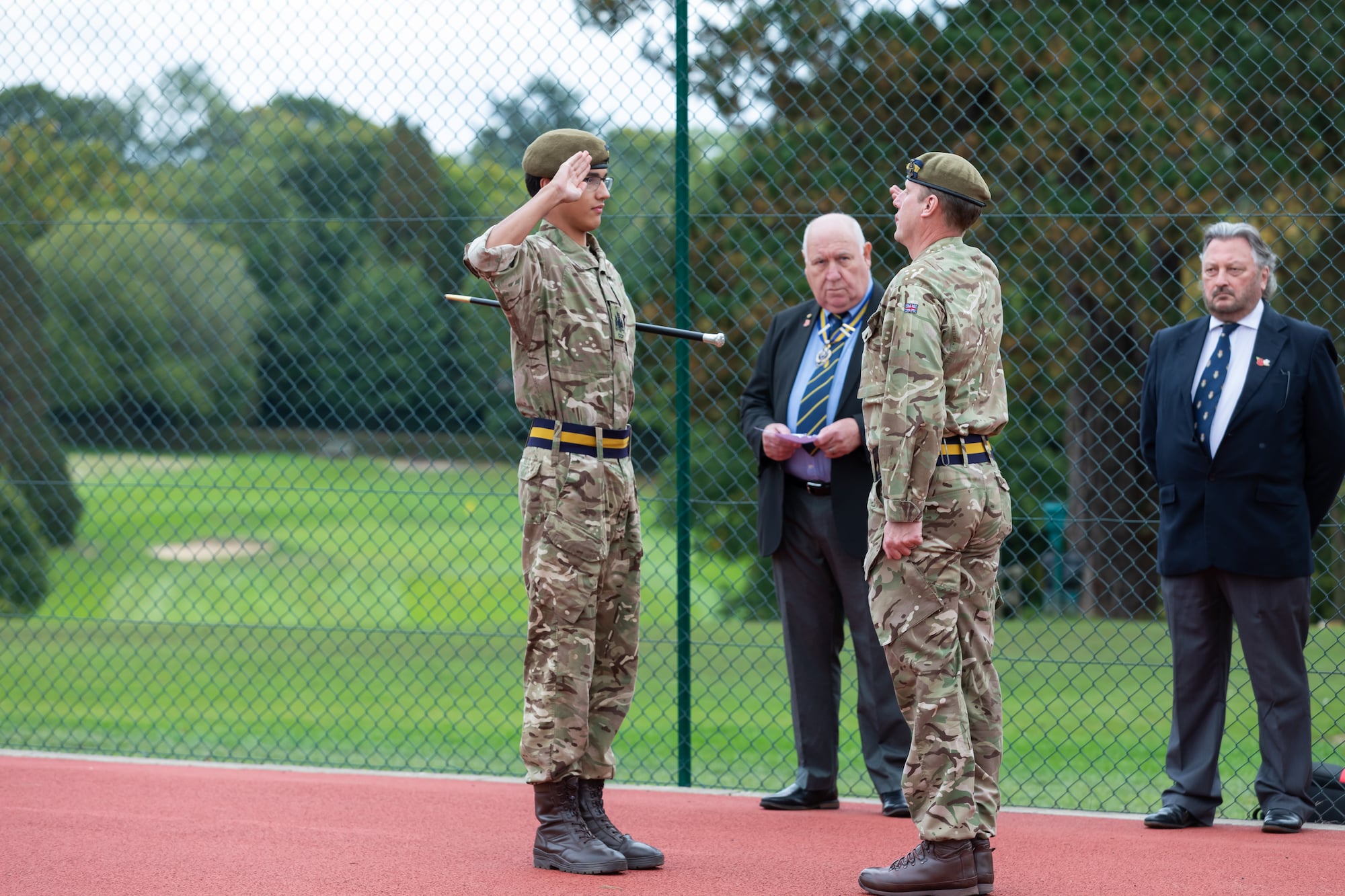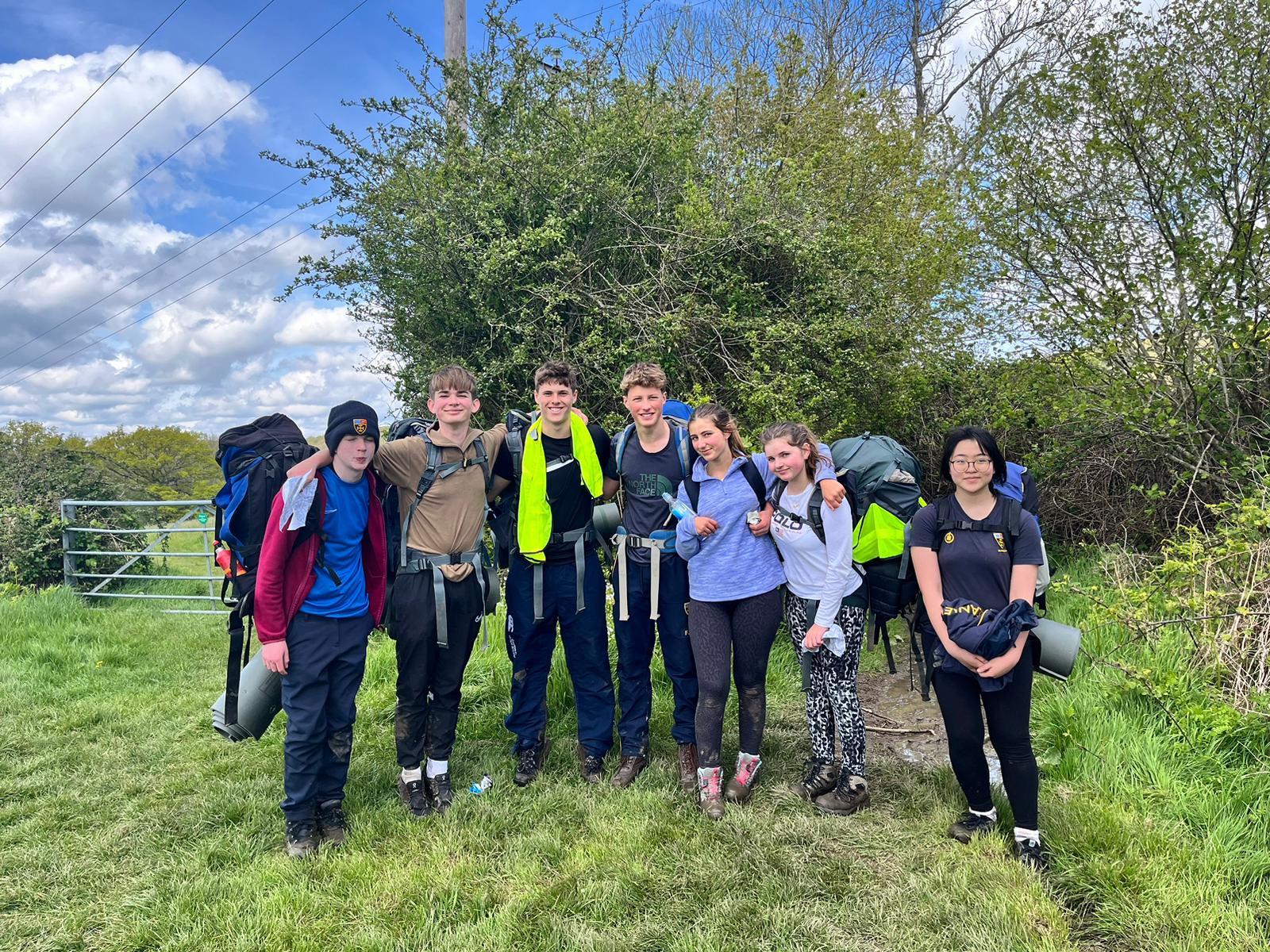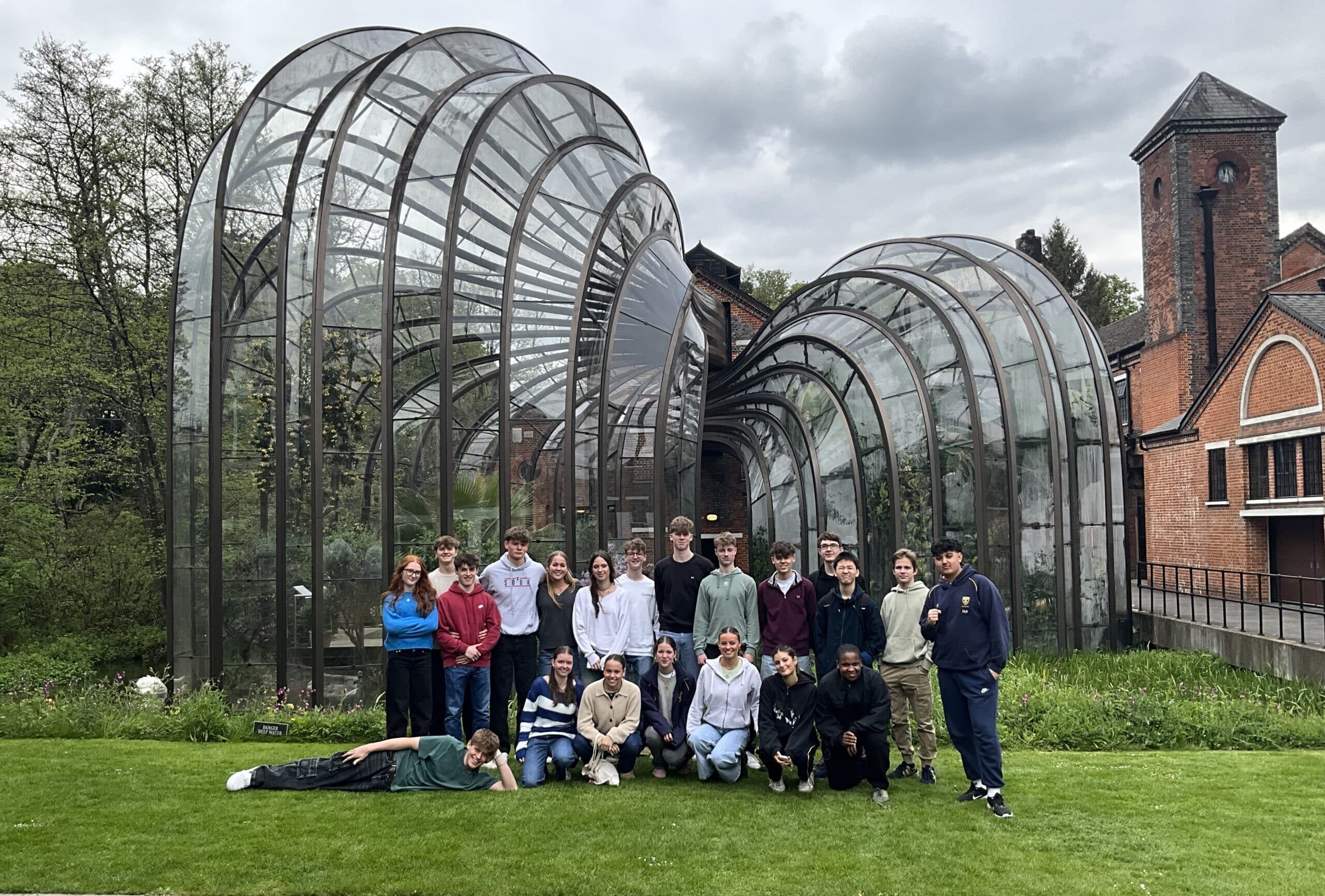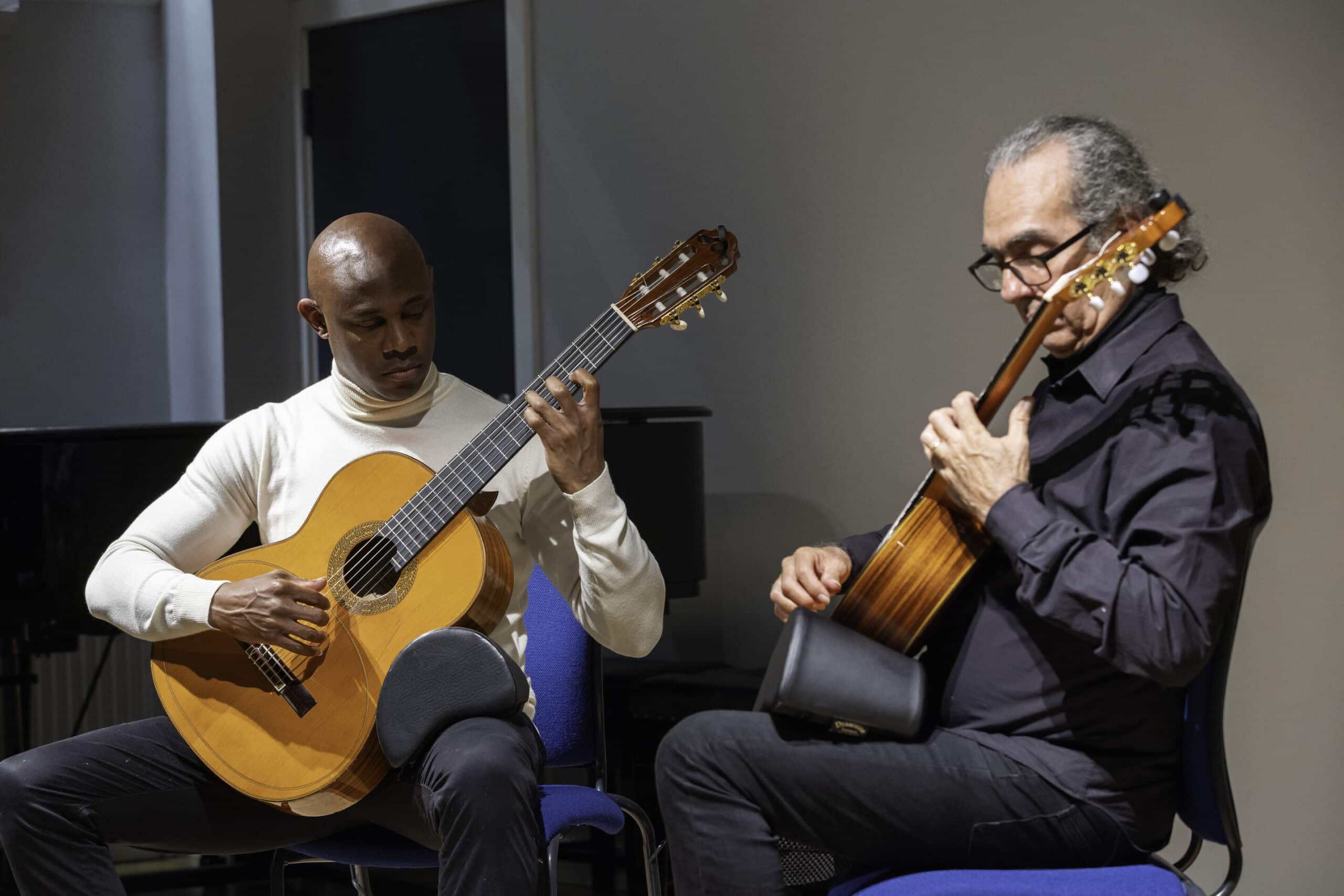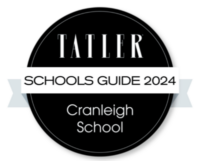Cranleigh took part in the first ever virtual Public Speaking Event with Queen Anne’s School, Caversham, as part of their Garner Public Speaking Society.
With physical events restricted for the time being, Lower Sixth students from both schools made great use of the technology that has enabled learning to take place over lockdown to engage in a highly thought provoking evening of speeches and debates.
Bella B started off with a talk on how Covid-19 has exposed the need for more scientists in frontline politics, following the issues that we have experienced during the past year of the pandemic. As one of few studying both science and politics at A Level, Bella had a unique perspective on how a scientific background can allow problems to be addressed from a different mindset, citing how important the roles of Chris Witty and Patrick Vallance have been in the vaccine rollout this year.
This talk was followed by Lillibeth B from Queen Anne’s, with a hugely engaging speech on the danger of conspiracy theories, in particular in the age of social media. The audience were rightly captivated as they heard from Lillibeth about some of the theories that have been unearthed about everything from the 9/11 attacks to negative stories about vaccines. This triggered an excellent debate between the two schools over freedom of speech and how actually some conspiracy theories help to foster new ways of thinking.
The stage was set for Archie P., who gave a highly energetic and bombastic speech on why historical statues should not be removed in the UK. Archie is a keen historian and his talk focused on the need for further education programmes and discussion opportunities, rather than simply removing any historical artefacts, given the dangers of trying to alter or erase history. Archie also held his own following a barrage of questions from both schools, looking at how it is extremely difficult to judge past figures by the moral standards of today.
Freya M. from Queen Anne’s followed this with a topical talk on why GCSE and A Level exams are poor measures of intelligence. Freya had researched her talk thoroughly, with lots of reference to employability measures, whilst arguing that a far better way to determine intelligence levels and properly assess students would be something similar to the Grade Point Average (GPA) used at colleges in the USA, with which both schools seemed to agree.
Boau-Lilly S. finished the event for Cranleigh with a wonderful talk on how society should focus on changing behaviour through rewards rather than punishment. Citing how this is done effectively with children, and indeed pets, Boau-Lilly put forward a plan for this to be used on a wider scale in everyday life, looking at studies of ‘nudge theory’ where this has been successful. Lots of questions emerged from this as to how this could work practically, along with what would be done about people trying to ‘game’ this sort of system. Once again there were fantastic points put forward by the audience from both schools.
The final speaker was Grace W. from Queen Anne’s, who tackled the controversial topic of abortion and the right of a mother to choose in all circumstances. Despite the difficult topic, Grace put forward a highly eloquent argument, backed up with some real life examples. This led to the most interesting discussion of the night, with both sides keen to dive down into the rights at play, in particular the child vs the mother and some of the circumstances around decisions being made.
The evening was expertly chaired by Dr Jon Beal, Researcher-in-Residence at the Tony Little Centre for Innovation & Research in Learning at Eton College. Both schools really enjoyed the intellectual challenges put forward by each speaker and are looking forward to a follow up, physical event in the next academic year.
Back to all news
